Central America
Panama’s indigenous people compete to preserve traditional way of life
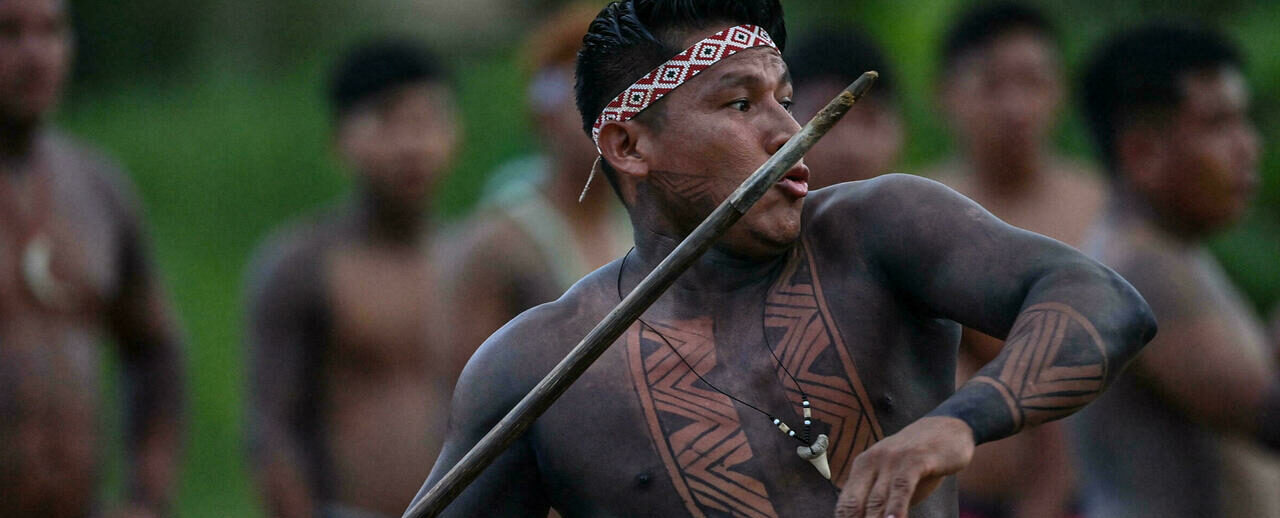
AFP
Climaco Dogirama wanted to honor his grandfather when he took part in the spear-throwing competition at Panama’s Indigenous Ancestral Games, which seek to preserve age-old customs.
“My grandfather used the spear to hunt. We only use it for sport … but we’re representing him,” he told AFP.
Dogirama, 37, from the Embera community, is one of 250 competitors from Panama’s seven recognized Indigenous ethnicities taking part in traditional athletic feats at the Games.
The major cultural festival transcends the simple quest for sporting success by helping to preserve a way of life.
“Many of us have lost (our traditions) and we’re recovering them again, we’re rescuing (our ancestors’) culture,” said Dogirama.
It is the third edition of the event that resembles the Scottish Highland Games and Basque rural sports competitions.
In Panama, contestants compete in archery, spear throwing, log carrying, tug-of-war, running, swimming and canoeing in Ngabe-Bugle, the largest of Panama’s five traditional Indigenous regions.
Cesar Cires, from the Ngabe tribe and president of the Indigenous Ancestral Games said the event “was born with the idea of disseminating, preserving and promoting our Indigenous cultures through ancestral sporting activities.”
“Our ancestors were warriors. We try to teach the new generations that once upon a time this was important.”
David Mezua, 18, who won the open water swimming event in the Caribbean Sea, said he was “proud to be Embera.”
“I’m happy … My grandfather was too and I don’t want to lose our culture, I want to keep it going,” said Mezua.
Kasey Shields, 16, who has a British father and Guna mother, won the women’s swimming discipline.
“I love swimming and even more so my Indigenous culture. I want to learn much more” about it, she said.
Cires said Panama competed in the last two editions of the World Indigenous Games in Brazil in 2015 and Canada two years later.
He said they will send a delegation to the third edition in Brazil next year,
The seven recognized Indigenous ethnicities in Panama are the Ngabe, Bugle, Guna, Embera, Wounaan, Bri bri and Naso Tjerdi.
Altogether they represent 12 percent of Panama’s 4.3 million population, according to the last official census in 2010.
According to the Denmark-based International Working Group for Indigenous Affairs, these communities “are facing a number of challenges, especially in relation to recognition of and rights to territories as well as forcible eviction.”
Central America
Panama’s President Mulino: “We are regaining international trust” to exit tax haven lists
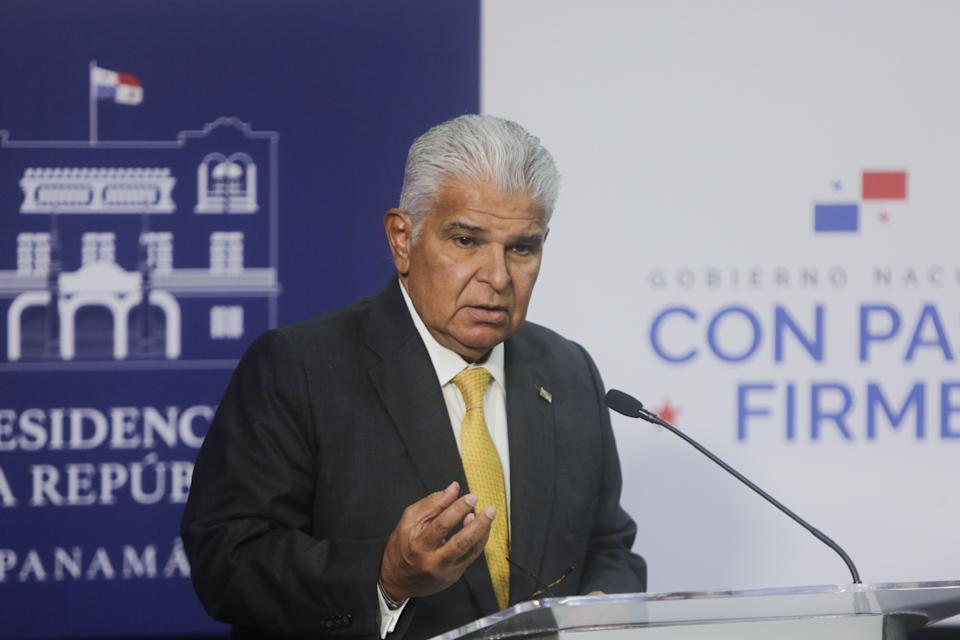
Panama’s President José Raúl Mulino stated on Tuesday that the Central American country is “regaining international trust” regarding lists that label it as a tax haven, and that it hopes to be removed from these lists in the near future.
“At the international level, we are regaining confidence. Panama is taking firm steps to get off the European Union’s list, thanks to the coordinated work of various institutions,” Mulino said during his first-year report speech before the deputies.
The Panamanian president emphasized that he has “increased” his “engagement” with the Organisation for Economic Co-operation and Development (OECD) “not only with the aim of leaving these lists but also to begin our path toward joining that important group of democratic states and prosperous economies.”
Since taking office on July 1, 2024, Mulino has stressed that he will work to have Panama removed from what he calls “discriminatory” lists that consider it a tax haven. He has even focused part of his official conversations during trips to Europe on this issue.
Currently, Panama has strengthened banking regulations following the 2016 Panama Papers scandal. However, it remains on some lists, such as that of the Netherlands, while it has been removed from others, including the Financial Action Task Force’s (FATF) grey list in 2023.
Additionally, the European Commission recommended in June that Panama be removed from its list of jurisdictions with a high risk of money laundering and terrorist financing. The European Parliament and member states still have a month (extendable to two) to review the proposal, and unless opposed, it will take effect after that period.
Central America
Castro to address FfD4 in Spain as Global Financial Reform takes center stage
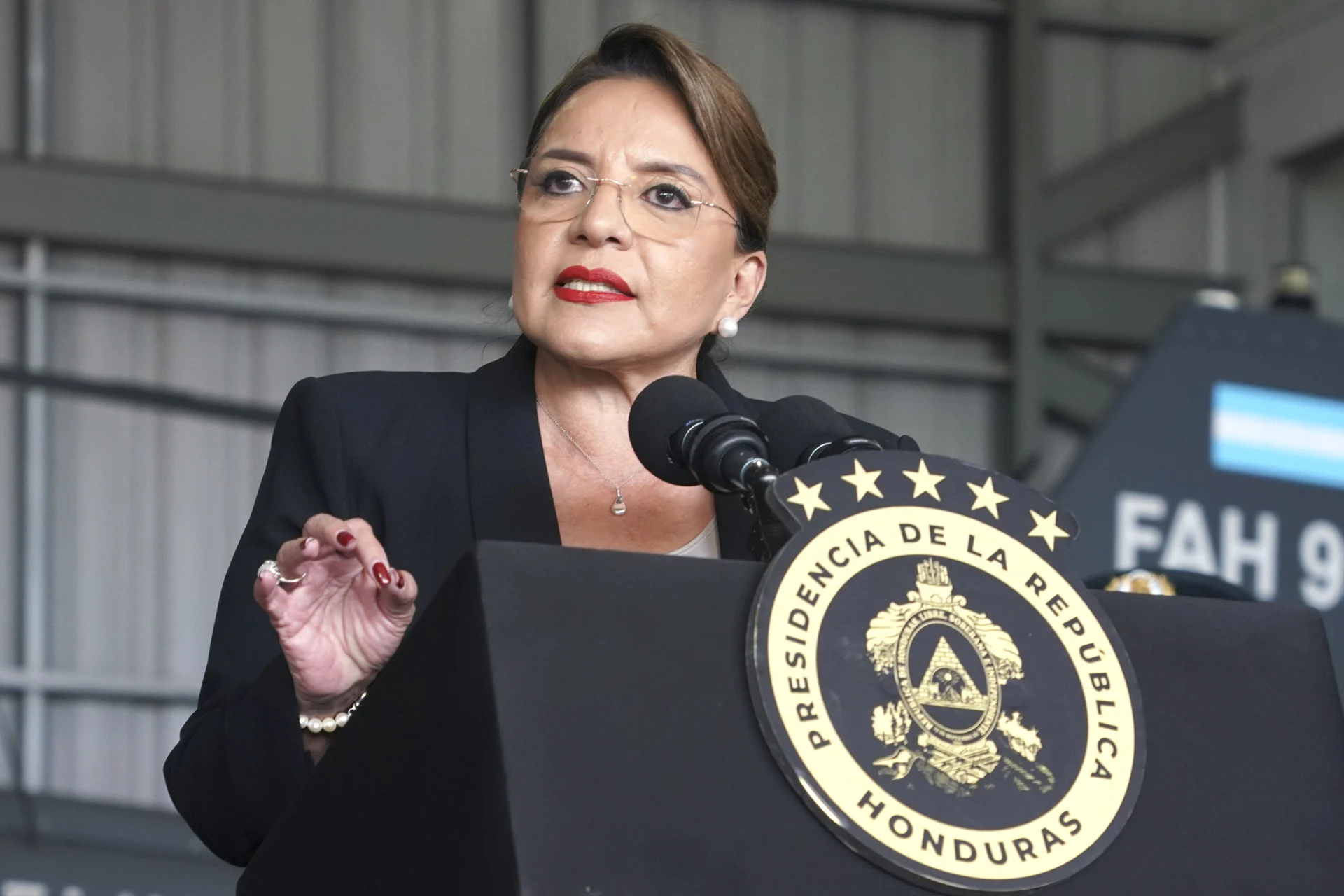
Honduran President Xiomara Castro will participate in the Fourth International Conference on Financing for Development (FfD4), to be held in Seville, Spain, from June 30 to July 3, Honduran Ambassador to Spain Marlon Brevé announced on Saturday.
The president is expected to arrive in Seville on Sunday and deliver her address on Monday, according to the diplomat.
Castro will be accompanied by Foreign Minister Javier Bu, her private secretary and son Héctor Zelaya, and Finance Minister Christian Duarte.
Spain is hosting the FfD4 conference at a critical time, as global development cooperation budgets face constraints while humanitarian needs continue to grow due to conflicts, political instability, and the climate crisis.
The conference will bring together world leaders, international organizations, private sector representatives, and civil society, aiming to review and reorient global development financing strategies.
Organized by the United Nations Department of Economic and Social Affairs (UNDESA) through its Office for Financing for Sustainable Development, this high-level forum has been held since 2002 to promote structural financial reforms.
Key goals of the FfD4 include mobilizing greater volumes of capital at lower costs and reforming the international financial architecture to support the 2030 Agenda for Sustainable Development and meet the urgent needs of developing nations.
Central America
Migrants stranded in Panama amid US Policy crackdown and Darién gap barriers
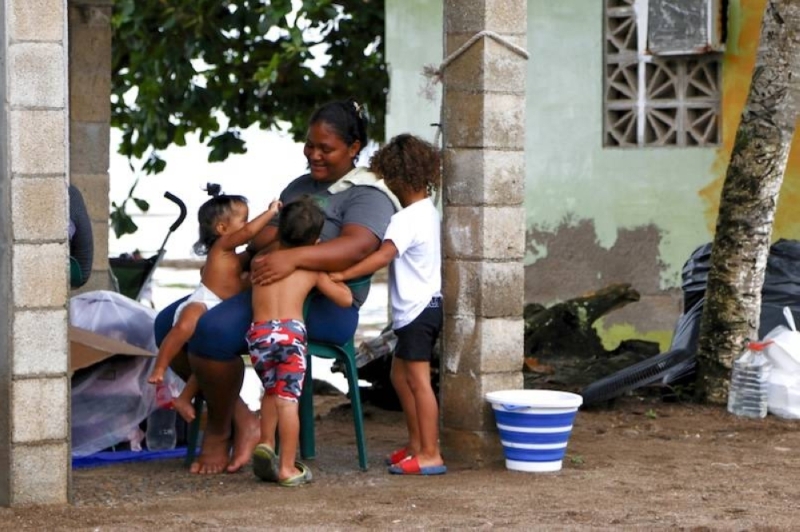
Migrants who once dreamed of reaching the United States are now forced to head back south after the arrival of President Donald Trump and stricter immigration policies. Many are stranded in Panama, caught between the Darién jungle barrier and the high costs of crossing the Caribbean Sea.
In Miramar, a small coastal town in Panama, dozens of migrants—mostly Venezuelans—wait for a chance to continue their journey to Colombia. Private boat rides to the border are out of reach for many, with fares reaching up to $260 per person.
“Here we’re stopped by the sea and the money. If it were a road, we’d already be in Colombia. But paying for three tickets for me and my children is impossible,” lamented Marielbis Eloina Campos, a 33-year-old Venezuelan traveling alone with her four young children after waiting a week in Miramar.
Campos left Brazil in 2023 and crossed the dangerous Darién jungle alone with her children, one carried on her back. The journey took six days, and she recalls one child nearly drowning while crossing a river. Despite the risks, she reached Mexico City, where she stayed over a year waiting for an asylum appointment via the CBP-One app. However, its cancellation under the Trump administration forced her to give up and return to Brazil.
“Mexico is torture for us migrants. I feared my children would be kidnapped,” said Campos, who pleaded for help to continue without being chased as if immigration authorities were “a mafia.”
Due to the high cost of private transport, Panama organized a humanitarian trip that transported 109 migrants from nine nationalities from Colón to the Colombian border aboard an official boat of the National Aeronaval Service (Senan). Another similar operation is expected soon.
Panama’s president, José Raúl Mulino, expressed concern about this reverse migration flow:
“I am worried that the number of people moving from north to south is increasing,” he said this month.
-
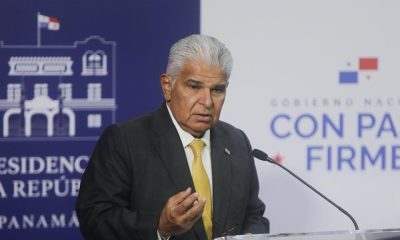
 Central America1 day ago
Central America1 day agoPanama’s President Mulino: “We are regaining international trust” to exit tax haven lists
-

 International4 days ago
International4 days agoTikTok sale advances as Trump reveals deal is in place
-
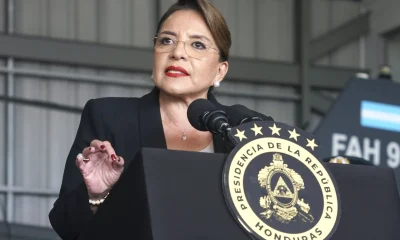
 Central America4 days ago
Central America4 days agoCastro to address FfD4 in Spain as Global Financial Reform takes center stage
-
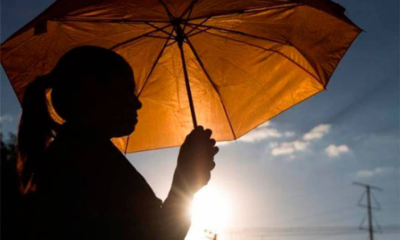
 International3 days ago
International3 days agoSpain hits record 46°C in June amid scorching heatwave
-
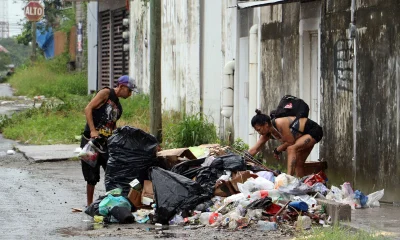
 International3 days ago
International3 days ago7 in 10 mexicans born poor stay poor, new report finds
-

 International3 days ago
International3 days agoTrump administration sues Los Angeles over sanctuary city policies
-
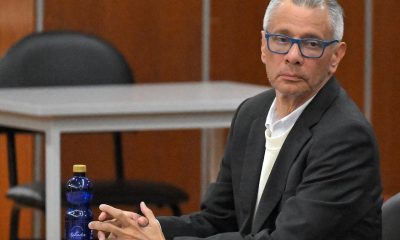
 International3 days ago
International3 days agoEcuador’s former VP Jorge Glas sentenced to 13 more years for corruption
-

 International2 days ago
International2 days agoThe White House insists that the United States remains in contact with Iran
-
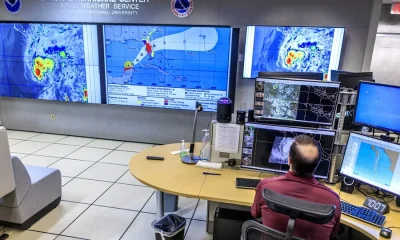
 International2 days ago
International2 days agoThe US climate agency will lose access to key data for hurricane forecasting in July
-

 International2 days ago
International2 days agoThe Argentine justice declares Milei’s measure that limited the right to strike unconstitutional
-
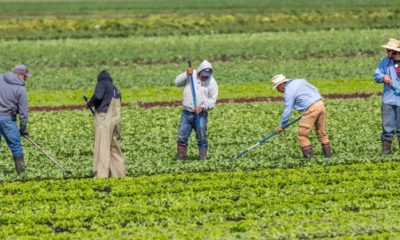
 International1 day ago
International1 day agoTrump to decide soon on deportation exemptions for construction and farm workers
-
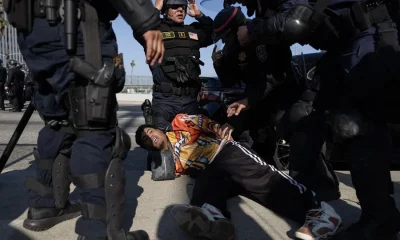
 International2 days ago
International2 days agoTrump sues Los Angeles for immigrant “sarture city” policies
-
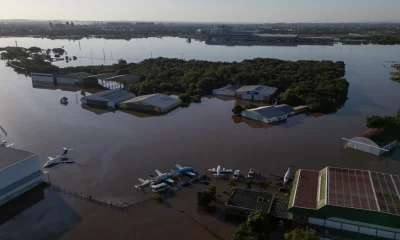
 International1 day ago
International1 day agoIDB plans $11 billion in sustainable financing to support countries facing currency risks
-
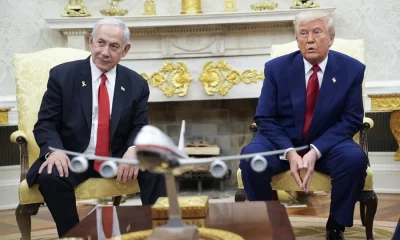
 International2 days ago
International2 days agoTrump will receive Netanyahu at the White House next week
-
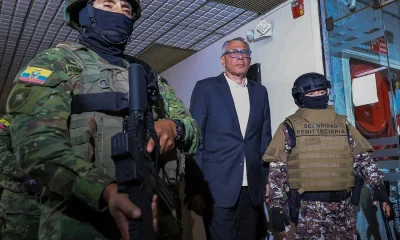
 International2 days ago
International2 days agoFormer Correísta vice president Jorge Glas, sentenced to 13 years in prison for embezzlement in Ecuador
-
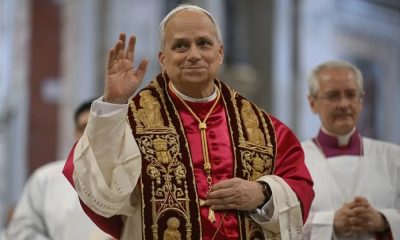
 International1 day ago
International1 day agoMaduro’s government appeals to Vatican for help rescuing migrant children
-

 International1 day ago
International1 day agoFormer argentine president seeks brazilian leader’s visit amid house arrest
-

 International2 days ago
International2 days agoThe US Supreme Court will address the reduction of spending limits of parties in campaigns
-

 International2 days ago
International2 days agoAn investigation by the Trump Administration concludes that Harvard violated the rights of Jewish students
-

 International31 mins ago
International31 mins agoMan attacks passengers with axe on german ICE Train
-
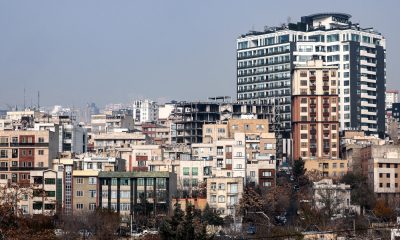
 International28 mins ago
International28 mins agoTehran airports resume operations as Iran lifts airspace closure




















